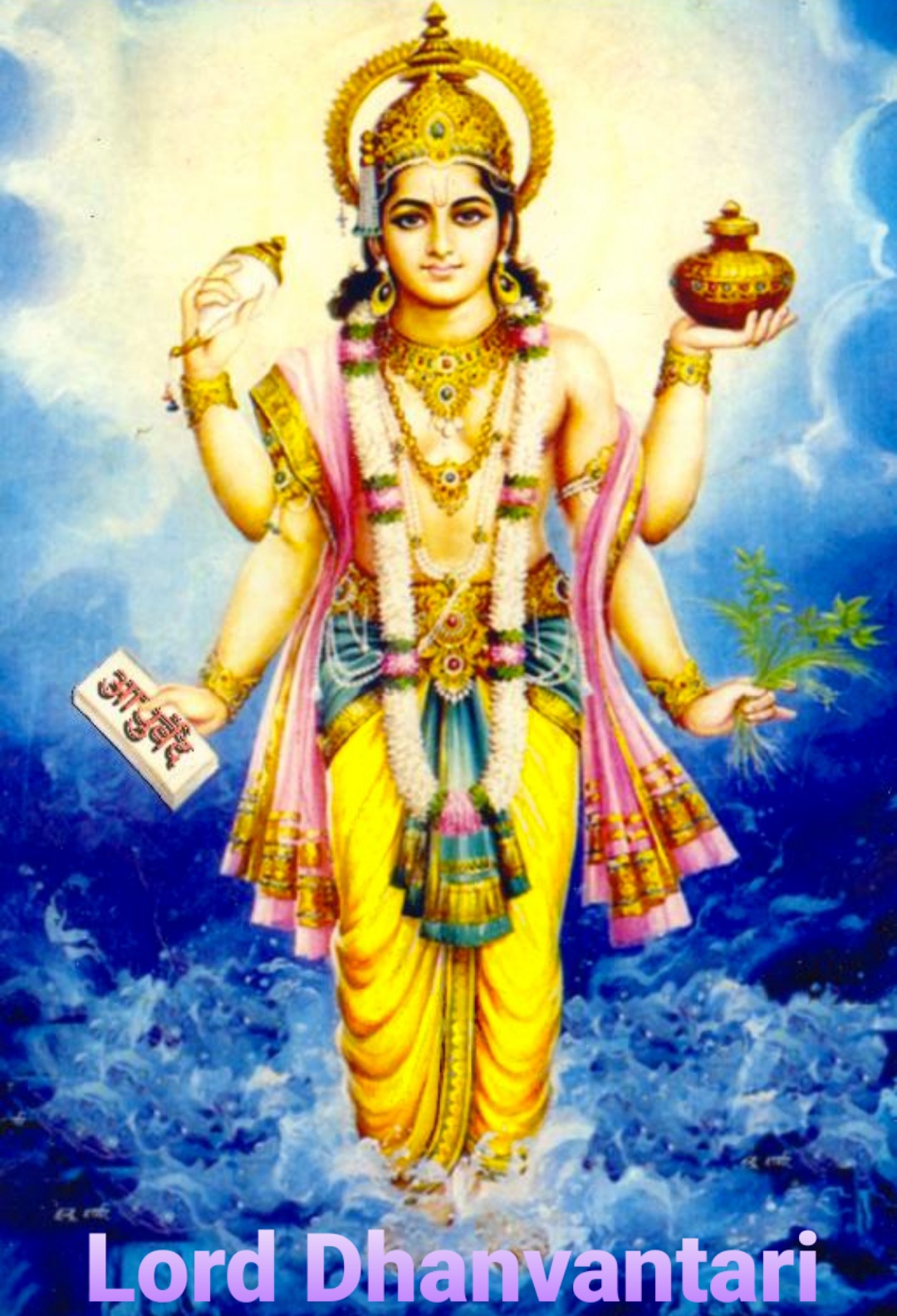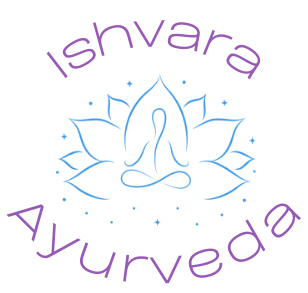
Ayurveda: The Ancient Art and Science of Living in Balance
In a world that often pulls us in every direction, Ayurveda invites us to slow down, tune in, and reconnect — not just to our health, but to nature, to wisdom, and to ourselves.
Rooted in India over 5,000 years ago, Ayurveda is one of the world’s oldest systems of medicine. But more than just a method of healing, it is a way of living — a complete guide to cultivating physical vitality, emotional wellbeing, and inner peace.
The word Ayurveda comes from Sanskrit: Ayur means “life,” and Veda means “knowledge” or “science.” Together, they translate to “the science of life.” Ayurveda teaches that health is not simply the absence of disease, but a dynamic state of balance between body, mind, spirit, and environment.
The Building Blocks of Life
At the heart of Ayurveda lies a simple yet profound idea: everything in existence, including you and me, is made up of five elements — ether, air, fire, water, and earth. These elements combine in unique ways to create three governing energies, or doshas:
- Vata (Ether + Air)
Vata governs movement and impulse in the body — breathing, nerve impulses, muscle movement, and even creativity and connection. - In Balance: Creativity, vibrancy, clear communication
- Out of Balance: Anxiety, insomnia, ADHD, scattered focus
- Pitta (Fire + Water)
Pitta oversees digestion and transformation — from breaking down food into nutrients to processing life experiences into wisdom. - In Balance: Courage, ambition, passion
- Out of Balance: Irritability, anger, inflammation, excessive competitiveness
- Kapha (Water + Earth)
Kapha governs structure, stability, and nourishment — our physical form, strength, immunity, and emotional connectedness. - In Balance: Groundedness, compassion, loyalty
- Out of Balance: Lethargy, weight gain, emotional attachment, inertia
Each of us has a unique mix of these doshas, shaping not only our physical form but also our mental patterns, emotional tendencies, and personal strengths. Understanding your individual constitution — your prakriti — is key to unlocking a lifestyle that supports your true nature.
Health as Balance
In Ayurveda, health is all about balance: balance within the body, balance with nature, and balance in daily life. When our doshas are in harmony, we feel energised, clear-minded, and content. But when they fall out of balance — due to stress, diet, environment, or lifestyle — we become prone to disease and disconnection.
One of Ayurveda’s core principles is that like increases like, and opposites bring balance.
For example, if you’re feeling overheated and irritable (a sign of excess Pitta), Ayurveda would recommend cooling foods, calming activities, and soothing environments to restore harmony.
Daily and Seasonal Living
Ayurveda offers practical tools for staying balanced throughout the ever-changing rhythms of life. These include:
- Dinacharya (Daily Routine): Simple habits like waking with the sun, self-massage (abhyanga), mindful eating, and evening wind-down rituals.
- Ritucharya (Seasonal Routine): Adapting your lifestyle and diet to the shifts in weather and climate to stay resilient all year round.
- Agni Deepana and Ama Pachana: Strengthening your digestive fire (agni) and clearing toxins (ama) are central goals for maintaining health and vitality.
Ayurveda: A Personal Journey
Ultimately, Ayurveda is not a one-size-fits-all system. It’s a deeply personal, evolving relationship with your own body and life. It asks you to become your own healer — to observe, listen, and respond to your unique needs with love and intelligence.
By understanding your nature and the nature of the world around you, Ayurveda empowers you to make choices that support balance, longevity, joy, and fulfillment.
It is both a science and an art — a dance between ancient wisdom and modern living, between head and heart, between knowledge and intuition.
Final Thought:
Ayurveda reminds us that health is not a destination to reach, but a continuous, living dialogue with ourselves and the world. It invites us to walk through life with more grace, resilience, and connection — and to find healing not by escaping the world, but by being fully alive within it.
